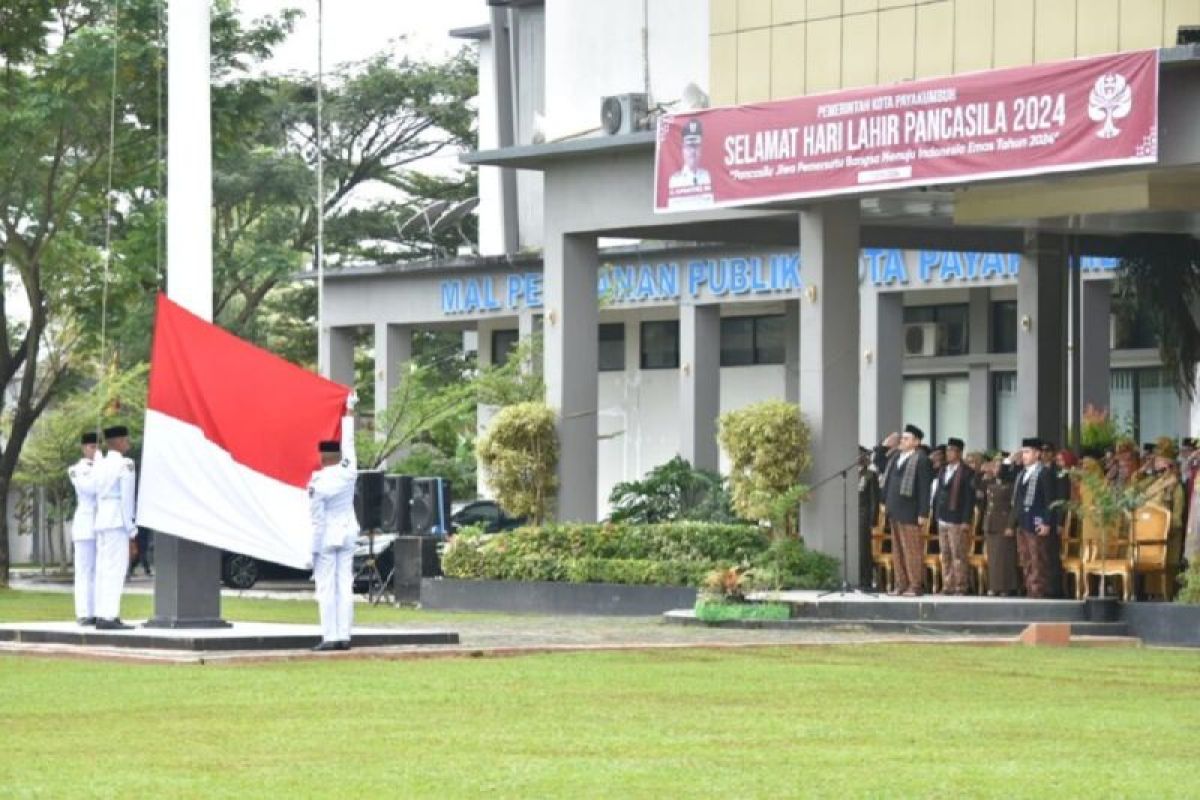These are stressful times for Premiership managers as they anxiously set about reshaping their squads, but the transitional process cannot possibly be as challenging as it is for Dumbarton.
The League Two club caused no end of amusement over the weekend by announcing on social media that their team for a friendly at Ochilview would be comprised entirely of trialists.
‘The team news is in,’ they posted excitedly on X ahead of kick-off. ‘Trialist between the sticks,’ they confirmed before offering a helpful run-down of every other position. ‘Trialist and Trialist in the centre of the park. Trialist leads the line.’
At least they were able to see the funny side. Dumbarton are an extreme case, not least because their exit from administration has prevented them from registering new signings, but it is a reminder of the task facing clubs at this time of year.
Assembling a new team, very often a whole new squad, with the season fast approaching, is a taxing and increasingly regular staple of the football calendar. Loan deals, short-term contracts and free agents all contribute to the huge turnover of players that is now accepted as part of the job for just about every manager.
Some clubs don’t have the resources to retain even their modest assets. Others lack the foresight to put in place a long-term strategy. All of which means that quickly identifying players and moulding them into a serviceable unit is more important than ever in management.
New Rangers manager Russell Martin has no time to waste in his overhaul of the Ibrox squad
Kieran Tierney has already signed for Celtic and will be ready for their opener against St Mirren
Stuart Findlay is one of several players signed by new Hearts manager Derek McInnes
Scotland’s Premiership clubs are returning to pre-season training around now, some with a new boss, some with only a skeletal squad and almost all trying desperately to sign players early.
Among the honourable exceptions are Celtic who have stability and continuity thanks to a sound business plan and a sensible player trading model. A sustained period of success, such as Celtic have become used to, makes everything easier, including pre-season.
Neil Lennon, their former manager, used to say that January was the most important transfer window because it represented an opportunity to bed in new signings and ensure that an established squad was ready for European qualifiers at the start of the following campaign.
With no need to make significant changes to his title-winning squad, Brendan Rodgers has signed only one player so far, but it is a top-quality one. Kieran Tierney agreed a pre-contract with Celtic in January so he is already in the door and ready for the opener against St Mirren on August 3.
Celtic will complete more signings between now and then – a striker and a centre-half are surely the priority – but there is no immediate rush. They have time to conduct their business in a measured way and give themselves the best chance of signing the right players for the right money.
The same cannot be said for Rangers, who have new owners, a new manager in Russell Martin and a playing staff in drastic need of an overhaul. With the remains of last season’s inadequate squad returning to training this week, there is no time to waste.
As yet, they have signed only Lyall Cameron from Dundee. A loan deal for Bournemouth defender Max Aarons is expected to be announced any time now, but they will need an awful lot more if they are to be ready for their Champions League qualifier against Panathinaikos in less than a month.
What to do with James Tavernier, whether to sell Cyriel Dessers and how much change is too much in a short space of time is the devilish challenge for Martin and Rangers’ sporting director, Kevin Thelwell. Their first season will be shaped by what they get right – or wrong – in these first few weeks at Ibrox. No pressure then.
When it comes to building a new team at short notice, Stephen Robinson takes a bit of beating. He has repeatedly done that at Motherwell and now St Mirren, although even he would admit that his success owes more than a little to Martin Foyle, the recruitment chief who recently departed for Carlisle.
John Park has replaced Foyle at the Paisley club, who lost the usual raft of well-developed players this summer. The rebuild has started with former Aberdeen defender Jayden Richardson and Jamaica international Richard King, while Killian Phillips and Roland Idowu, both loan signings a year ago, have agreed permanent deals.
With his track record, you would expect Robinson to get it right. So, too, are the signs promising for Hearts, whose new manager Derek McInnes has strengthened his hand with a number of substantial signings. Claudio Braga, Elton Kabangu, Alexandros Kyzyridis, Oisin McEntee, Christian Borchgrevink and Stuart Findlay have been added to a squad that has lost only Jorge Grant and Barrie McKay. The future of Lawrence Shankland is still to be resolved.
Despite their struggles last season, there has been no clearout at Tynecastle. Nor is major surgery needed at Hibs, whose biggest coup would be keeping Rocky Bushiri and Nectar Triantis. While Aberdeen have their weaknesses, the Scottish Cup winners are certainly not ripping it up and starting again.
While those three are building on a strong core, there is less certainty elsewhere. The long list of departures at Kilmarnock, Motherwell and the two Dundee clubs places a huge burden on their respective managers, some of whom have only just arrived.
Dundee got rid of almost an entire team, as well as their manager, Tony Docherty. His surprise successor, Stephen Pressley, will be cut little slack if the team he builds from scratch is not successful. So far the club have signed only Drey Wright and Paul Digby.
Kilmarnock’s squad has been gutted, leaving new manager Stuart Kettlewell with it all to do. Towering striker Marcus Dackers, Dundee’s Scott Tiffoney and Ayr full-back George Stanger are among his early acquisitions.
So, too, are Motherwell entering a new era under Jens Berthel Askou. Their bloated squad has undergone a much-needed cull, with Lennon Miller sure to follow the many departures. The Lanarkshire club have signed only Jordan McGhee and Lukas Fadinger.
Perhaps most intriguing are the Premiership’s newly-promoted clubs who are adopting contrasting approaches to the top-flight challenge.
While John McGlynn will add strength in one or two key areas – an experienced defender is one of the priorities – he is showing faith in the Falkirk players who won the Championship title.
David Martindale, on the other hand, is bolstering his Livingston squad with a conveyor belt of new arrivals, the pick of which is probably Shane Blaney, most recently of Motherwell.
Not all are convinced that Stevie May, Graham Carey, Cammy Kerr, Connor McLennan and Zak Rudden will be first-team regulars, never mind take Livingston to another level.
Still, Martindale knows more than anyone about keeping Livingston in the Premiership, given how many times he has done it in the past. And his signings have arrived soon enough to settle in, respond to his demands and hit the ground running when the new season starts. Not everyone can say the same.

 3 months ago
28
3 months ago
28

















































